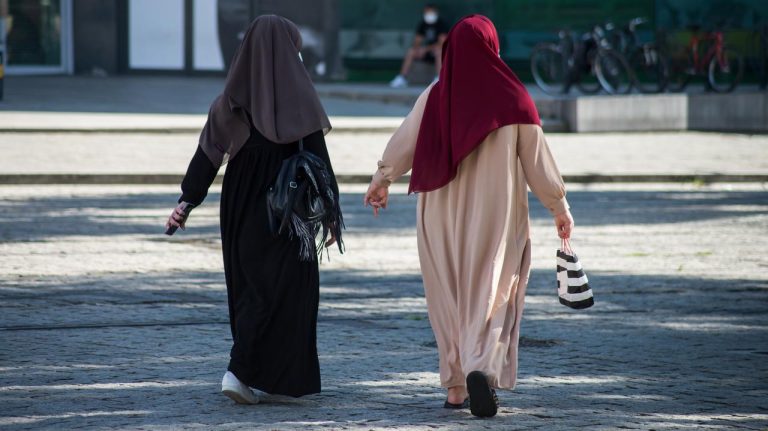The Kyrgyz Parliament approved two laws that regulate the religious sector of life. In particular, women were prohibited from covering their faces in public places, distributing religious literature, and establishing political parties whose activities were based on religion. The laws are awaiting presidential approval, but this appears to be a formality.
Zhorku Kenesh or the Supreme Council (the unicameral parliament of Kyrgyzstan) on Thursday adopted two laws – “On freedom of belief and religious associations” and “On introducing changes and additions to some legislative acts of the Kyrgyz Republic in the field of religion in the second and third readings”. did field”. The president will now decide on the fate of the laws, but his decision seems formal.
In addition to the above-mentioned restrictions, the newly adopted regulation also provides others, such as the prohibition of inviting clergymen to teach or lecture in social welfare homes, prisons, and military units without the consent of authorized authorities.
It will also be impossible to conduct any religious activity or use the premises for conducting such activity without registration.
Kyrgyzstan pays attention to the secular nature of the state
Advocacy that goes from house to house and organizes people to accept or deepen their knowledge of a religion, as well as its promotion and encouragement in state institutions, will also be illegal.
Persons who wish to receive religious education abroad must agree with the State Commission on Religious Affairs and the central governing body of the religious organization of that denomination.
There is also the need to register facilities used for religious worship, as well as the prohibition of involving minors in religious activities and assigning them to any related positions. This law also contains a mysterious clause that prohibits “reducing the traditions of the Kyrgyz nation through religious norms.”
According to the legislators, the current bans are aimed at ensuring the secular state.
Concerns over the rise of Islamism in schools
According to experts, such actions were carried out due to the concerns of the authorities about the increase in Islamization of the society located in Kyrgyzstan, which is located in Central Asia. In May, it was reported that there were 130 religious educational institutions operating in the country, serving about seven million people, including 34 girls' madrassas.
For comparison, Kazakhstan, which has more than 20 million inhabitants, has 12 units, and Uzbekistan, which has more than 35 million inhabitants, has 15 units. have not been organized in Kyrgyzstan.
Sources of funding of some institutions have worried not only politicians, but also a part of society. It is known that many madrassas were built with the funds of Persian Gulf countries, which want to expand their influence in Kyrgyzstan. This raises fears that varieties of Islam other than the Hanafi Islam promoted by the “licensed” muftis of Kyrgyzstan are entering society.
Kyrgyz law enforcement authorities occasionally report inspections of official and “secret” schools, as well as the closure of some of them. Sometimes it is because the organizers of such institutions do not have formal religious education and many of the children they teach do not study in regular schools. Often, the citizens themselves are afraid of the possibility of an increase in extremist tendencies and inform the authorities about the activities of such institutions.
Main image source: Shutterstock

